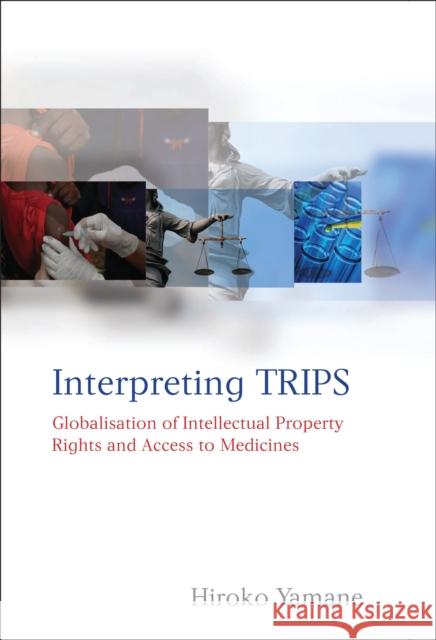Interpreting TRIPS » książka
Interpreting TRIPS
ISBN-13: 9781841139531 / Angielski / Twarda / 2011 / 582 str.
For WTO members, the Trade-Related Aspects of Intellectual Property (TRIPS) Agreement outlines the minimum standards for Intellectual Property Rights (IPRs) protection and offers a global regime for IPR protection. However, the social costs of this regime often outweigh the benefits of IPR protection, particularly in the poorest countries where resources for research and development are inadequate. Today, after more than a decade of intense debate over global IPR protection, the problems remain acute despite limited evidence of co-operation and partnership, most notably in areas such as patent pooling and pricing in respect to AIDS drugs. This book examines the role of IPRs as incentives for innovation against the backdrop of the development and transfer of technology between globalized, knowledge-based, high-technology economies. The book retraces the origins, content, and interpretations of the TRIPS Agreement. It analyzes sources of controversy over IPRs, examining pharmaceutical industry strategies of emerging countries with different IPR policies. The book also draws attention to the fact that TRIPS is only an agreement about principles. Both the TRIPS rules and international customary rules of interpretation are flexible and a great deal depends on domestic policy objectives and their implementation. The author concludes that - for governments in developing countries, as well as for their business and scientific communities - IPR protection should be supporting domestic policies for innovation and investment.











